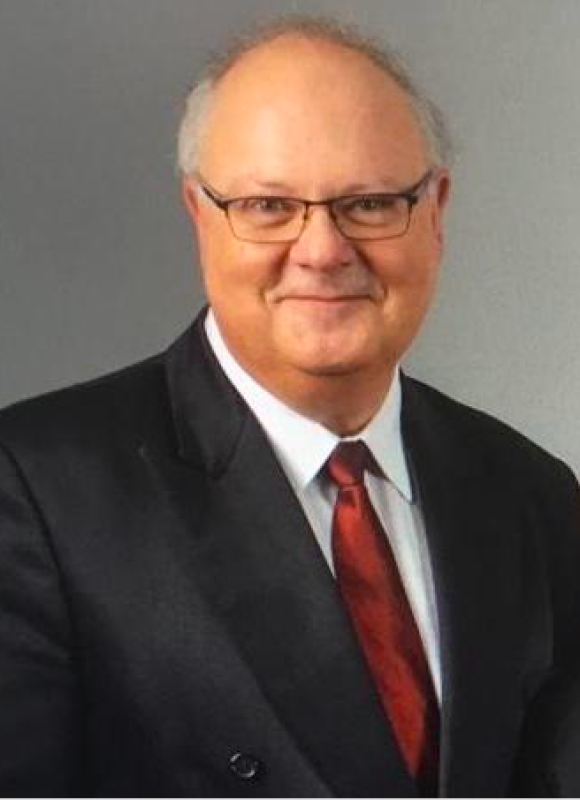PIONEER
Corné Mulder

Politician | Legal advisor | Negotiator
1961
“On the one hand the time of negotiations was characterised by strife, violence, despair, conflict and even anarchy, and on the other hand it was a time of promise, excitement and new beginnings … It was important to ensure that the Afrikaner and other minorities would be accommodated in a new constitutional dispensation … that provision in the Constitution would be made for collective rights as well as the right to self-determination for communities bound by a common cultural and language heritage in terms of Principle XXXIV of the Interim Constitution. It should never be forgotten that this clause averted a civil war at the time. To ignore or remove it now is not an option.”
Who is
Corné Mulder?
Legal thinker and Afrikaans politician who founded the Freedom Front Plus (FF+) party.
Professions
and Roles
Politician, legal advisor, negotiator, doctor of constitutional law, member of the National Assembly of South Africa representing the FF+, Chief Whip of the FF+, member of the Constitutional Committee of the Constitutional Assembly.
Best Known For
Founding the FF+, an Afrikaner minority rights’ party in 1994.
Life highlights
- Mulder studied Law (B.Juris and LLB) at the Potchefstroomse Universiteit vir Christelike Hoër Onderwys (currently North-West University); and studied abroad in London and Germany where he completed a doctorate in law in 1984.
- Mulder was elected as the Randfontein MP in 1988, and was re-elected to Parliament in 1989.
- Mulder was a founding member of the Freedom Front (FF) in 1994.
- He was involved with writing the new Constitution during the Constitutional Assembly, and was a member of the Constitutional Committee.
- As a Constitutional Committee member, Mulder was particularly concerned with Section 185 and Section 235 of the Constitution, which focus on the self-determination of minority groups.
- Mulder became chief whip of the FF+ in 1999.
- Mulder has been elected to Parliament as an MP in 1994, 1999, 2004, 2009, 2014 and 2019.
- Mulder served on the Judicial Services Commission for three years, the body which recommends people to become judges in South African courts.
IN THEIR OWN WORDS
“We are now entering a new phase. In this phase we have a third generation of leaders … They did not participate in the negotiations. They did not experience the strife, violence, despair, conflict and war. Now more and more voices are being heard, stating that … those who were there sold us out. By doing this they are taking a radical and extreme position. This position moves away from the common middle ground we found … The effect of this will be that the common middle ground that was found after so much strife and conflict, will be eroded and may even fall away. It will take us back to the conflict that existed many years ago. This cannot and should not be allowed to happen. The future of all our children demands of us never to let this happen.”
– Corné Mulder
IN THE WORDS OF OTHERS
“But what they read in the averted eyes was not grim dissension, it was the enormity of agreement. An enormity that produced tears, shivers and goose bumps when Dr Corné Mulder (Freedom Front) announced that there was political agreement on the inclusion in the constitution of a Commission for the Promotion and Protection of Cultural Rights.”
– Press report regarding constitutional negotiations around Cultural Rights
“This is a moment of special historical significance. There hasn’t been a moment that has united us like this one has done … When we struck agreement, everyone was overcome with emotions. When I took a close look, I could see traces of tears in their eyes. I believe that we are now irrevocably on our way to resolving every outstanding issue in the new Constitution.”
– Cyril Ramaphosa, then Chair of the Constitutional Assembly
Parliament of the Republic of South Africa (2018) Theme Committee Book Series 1-6
Segal, L and Cort, S (2011) One Law One Nation: The Making of the South African Constitution
